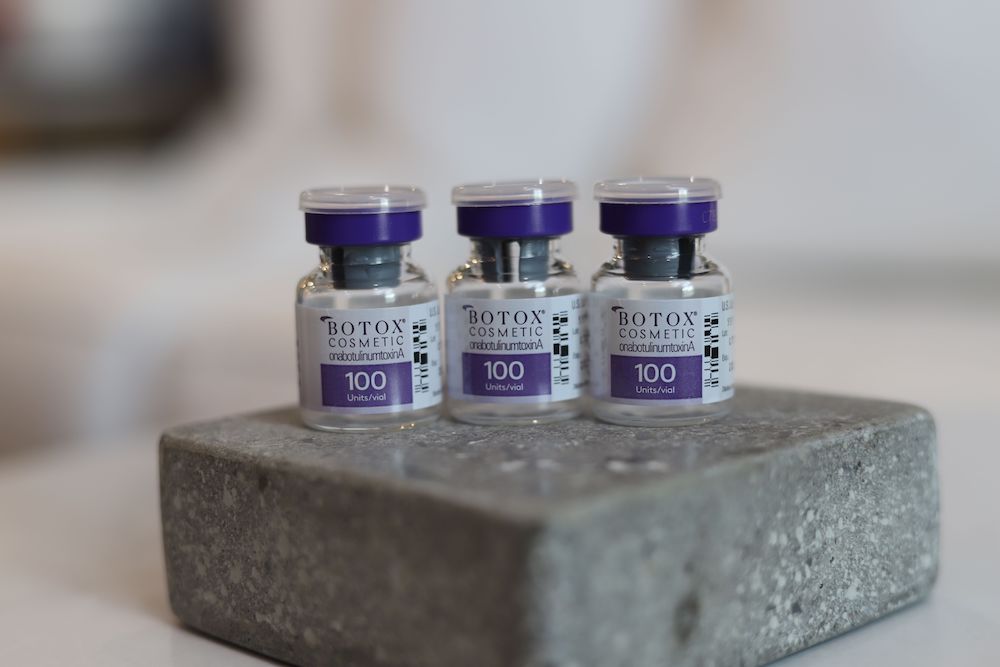
Temporomandibular joint (TMJ) disorders can cause significant discomfort and impact daily life. At Skin and Sculpt Med Spa in Knoxville, we offer Botox as an effective off-label treatment for alleviating TMJ symptoms. This comprehensive guide covers everything from the procedure to the duration of its effects.
Botox, a neurotoxin derived from Clostridium botulinum, is widely recognized for its cosmetic benefits. However, its medical applications, particularly in treating TMJ disorders, are equally noteworthy. TMJ disorders encompass a range of problems associated with the jaw joint and chewing muscles. Symptoms often include pain, difficulty in moving the jaw, and audible clicking or popping sounds.
Botox works by temporarily relaxing muscles, which in the case of TMJ, helps relieve the tension and discomfort caused by overactive jaw muscles. This treatment approach is gaining popularity due to its effectiveness and minimal invasiveness compared to surgical options.
TMJ disorders can arise from various factors, including jaw injury, arthritis, genetics, and habits like teeth grinding (bruxism). These conditions can lead to chronic pain, headaches, earaches, and difficulties in jaw movement. Understanding the underlying cause of TMJ disorders is crucial for effective treatment.
At Skin and Sculpt Med Spa, our experts conduct thorough evaluations to determine the most suitable treatment plan for each individual. Botox is often recommended when symptoms are primarily due to muscle tension and overactivity.
The success of Botox treatment for TMJ largely depends on the accurate targeting of injection sites. Botox is typically administered into the masseter muscle, the primary muscle involved in chewing, located at the sides of the jaw. Other muscles, such as the temporalis and occasionally the frontalis, may also be targeted, depending on the specific symptoms and areas of discomfort.
The procedure is quick and relatively painless, usually completed within 15 to 30 minutes. Our experienced practitioners use fine needles to minimize discomfort and ensure precise Botox placement for optimal results.
Botox offers several benefits for individuals suffering from TMJ disorders:
The effects of Botox for TMJ are temporary, typically lasting 3 to 6 months. The duration varies based on individual factors such as muscle strength, metabolism, and the severity of TMJ symptoms. Most patients start noticing improvements within the first week after treatment, with the peak effect usually occurring two weeks post-injection.
To maintain the benefits, repeat treatments are often necessary. Our specialists at Skin and Sculpt Med Spa will work with you to determine the best schedule for follow-up appointments based on your response to the initial treatment.
Post-treatment care is straightforward and involves minimal disruption to your daily routine. Patients are advised to avoid rubbing or massaging the treated area for a few hours after the procedure to prevent spreading the Botox to unintended muscles. Normal activities can generally be resumed immediately, but strenuous physical activity should be avoided for the rest of the day.

Site Credit // SouthMade